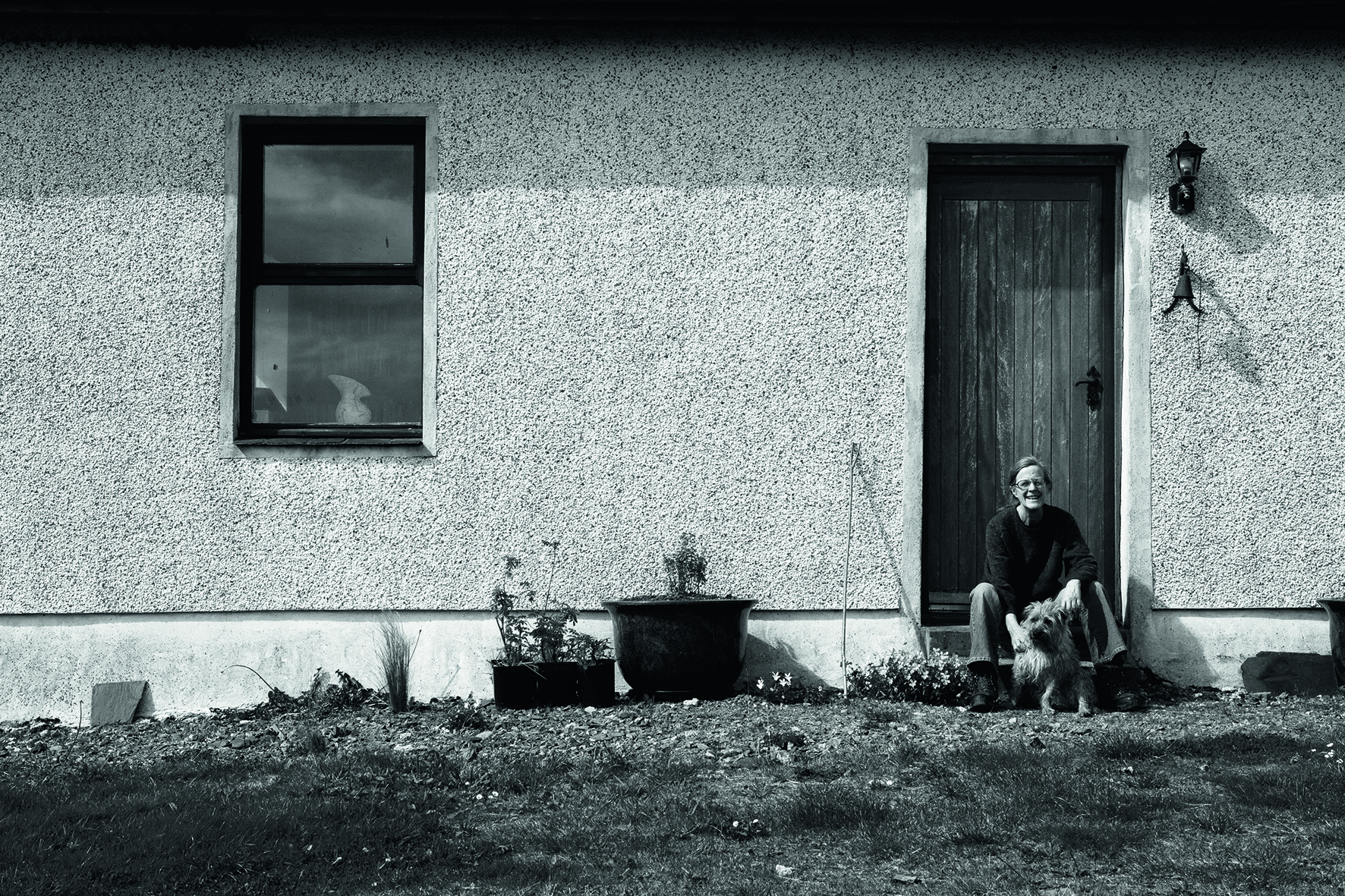The ecological health of British rivers is, frankly, deplorable and getting worse. Just one example: the Wye, which flows from the Welsh hills to the Bristol Channel, was a jewel in the crown. This year, large stretches are reported to be lifeless.
Some of the reasons for this are simple. If you throw something (especially plastic, which won’t disintegrate) out of your car window, it is likely to fall into, or get washed into, a drainage ditch. The job of these ditches is to carry water (and anything washed into water) into a stream, and the job of streams is to carry water into rivers, where rubbish may clog the flow, kill resident wildlife and make rivers unsafe and insanitary for children to play in. This is not rocket science, and the mitigation isn’t rocket science either: take your rubbish home.
It is also simple to work out that water companies dumping untreated sewage into rivers is both insanitary and very bad for the river system. It is also illegal. But it is happening too often. A single episode is ‘too often’ and it is rather more frequent than that.
Dairy and forestry
But some of the causes of river pollution and environmental degradation are more complex.
In the UK we consume about 14 billion litres of milk a year. This requires a large number of dairy cows and each of them produces, along with milk, a large number of cow pats. It transpires that this waste product makes an excellent grass fertiliser called slurry. If you keep your cows inside over winter, you can collect their excrement in a slurry tank, where you mix it with water before spreading it on to the fields. This is good for the fields, and for those of us who want to purchase milk (or cheese, butter, chocolate, ice cream or yoghurt).
But rain often washes slurry from the fields and into the rivers where it causes algal blooms that reduce oxygen levels and suffocate fish. It is tricky to think of any solution to this except everyone becoming vegan, because dairy farmers have to
do something with their cow poo even if they are forbidden to spread slurry – and, obviously, dumping it will be even worse for river systems and water quality.
Similarly, it is increasingly recognised that harvesting coniferous forestry – particularly clear felling (removing all the standing trees at the same time) – has a highly negative effect on the water quality of nearby rivers, mainly, it seems, due to acidification. A great deal of forestry clearance is going on currently, which will add to the ecological problems from which our rivers are suffering. Interestingly, selective felling (taking fewer trees out at any given time) has markedly less damaging effects on rivers, but is more expensive and complicated.
Where rivers are struggling there are negative knock-on effects across the ecosystem – plants, insects, mammals and birds as well as fish are imperilled by our casual disregard.
Rivers run deep in us
From Wind in the Willows to Ophelia’s suicide by drowning in Hamlet, rivers are imbedded deep in our national consciousness and, for many of us, deep in the memories of childhood joys as well. Moreover, we know we can do something about it. Fifty years ago, the Thames was considered ‘ecologically dead’; not even fish could survive its toxic decay. Now, not only are seals breeding there, but porpoises, dolphins, even whales have been spotted. If this can be achieved in central London, surely we could do better in the countryside?
Sara Maitland is a writer who lives in Dumfries and Galloway. Her works include A Book of Silence and Gossip from the Forest
